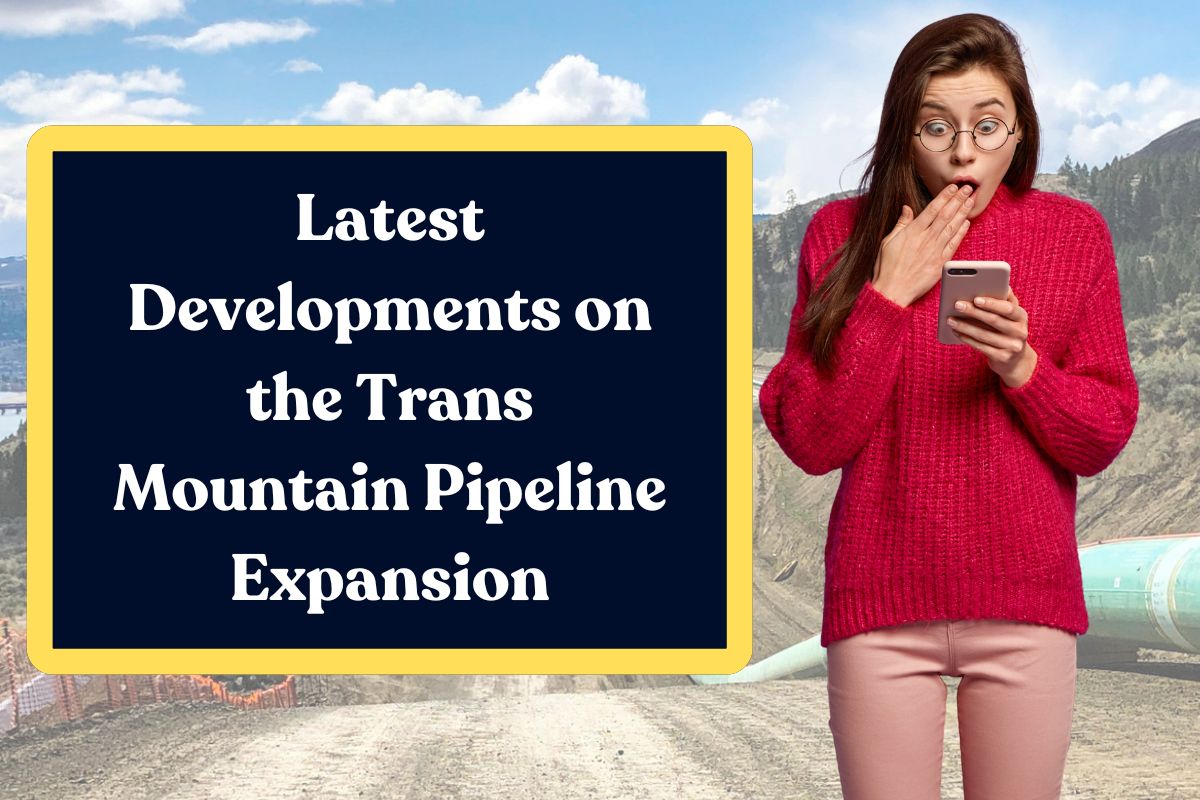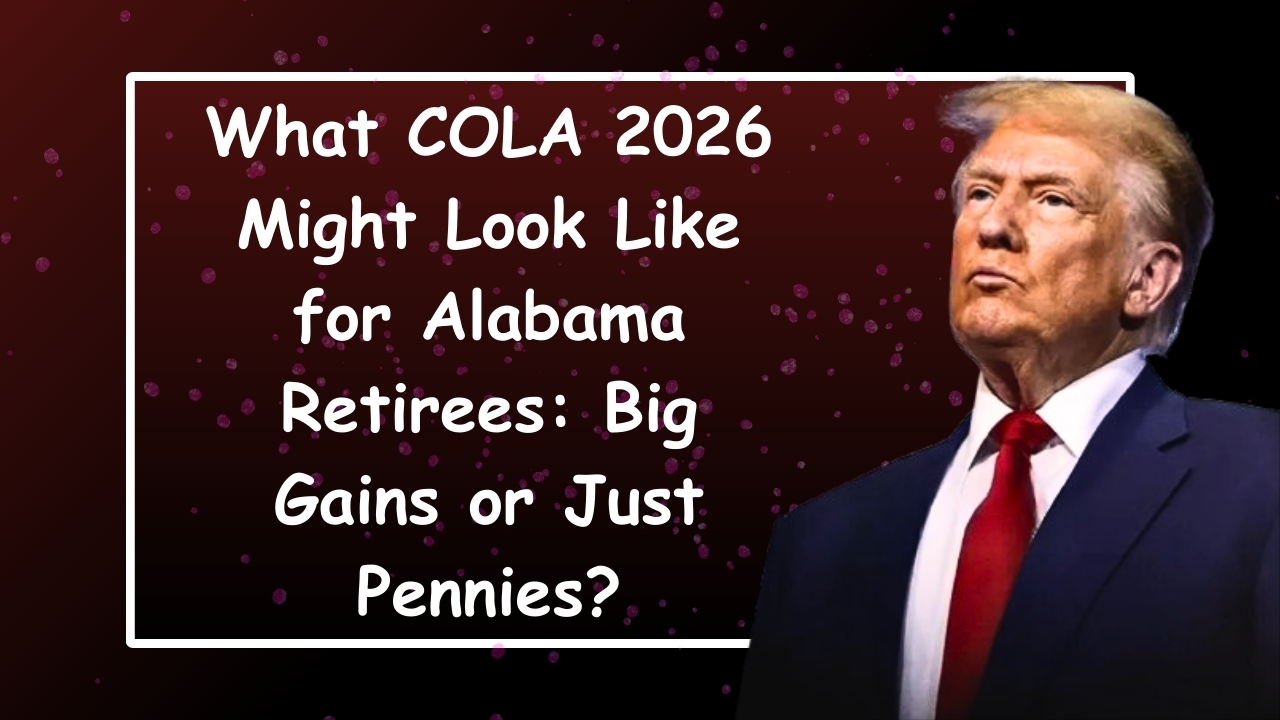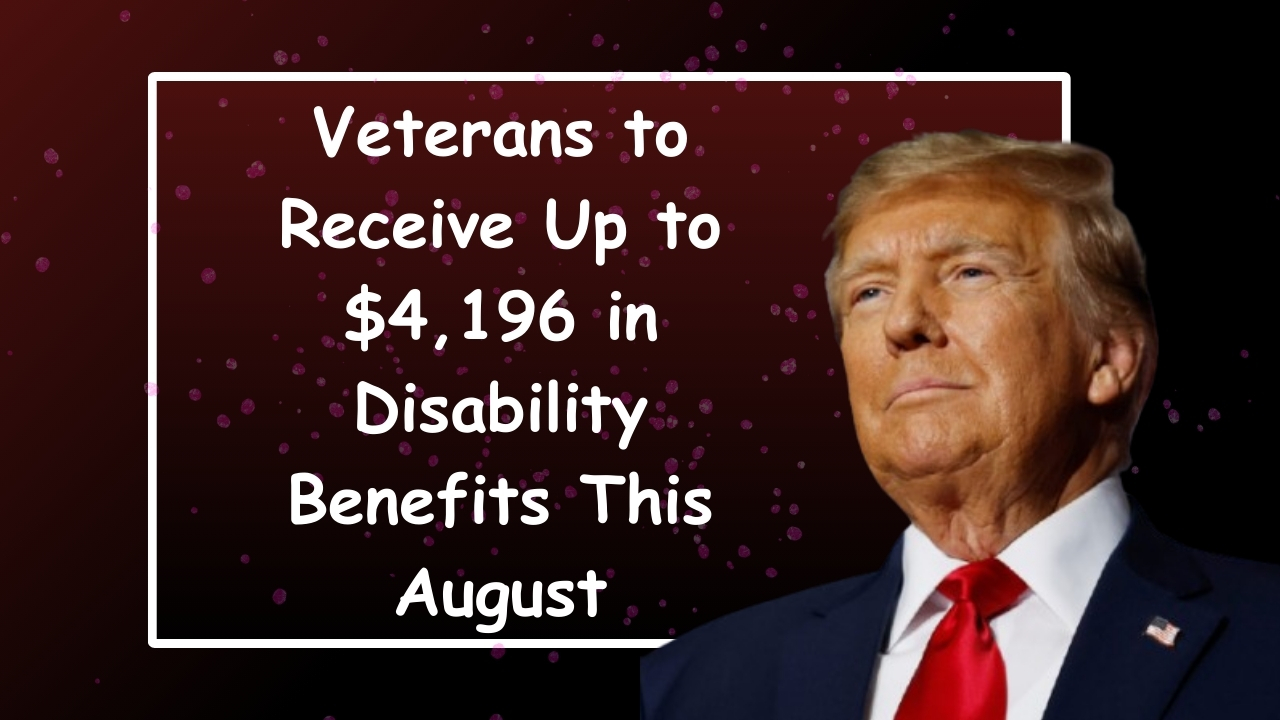On June 9, 2021 a major decision was announced that turned out to be a significant win for the different strata from society. From environmentalists, to indigenous groups to the general population, the cancellation of the controversial Keystone XL pipeline was a big win. President Joe Biden revoked a key permit for the U.S. section of the pipeline, which led to the ultimate demise of the whole project. However, this was not one night’s effort.

The cancellation was a result of the 12+ year battle that was fought by the landowners, Indigenous communities, environmentalists, and political leaders on both sides of the U.S.-Canada border. So today we will be talking about the lesson that you can learn from the Keystone XL Cancellation for the future campaigns.
What Was Keystone XL?
Before we start discussing the four lessons, it is important we understand a bit about the Keystone XL project. It was a proposed 1,200 mile pipeline that was designed to move a total of 830,000 barrels of crude oil everyday from Alberta’s oil sands in Canada to Steele City, Nebraska. From there the oil was supposed to connect to existing pipeline networks that were going to the Gulf Coast.

The project was backed by the Canadian energy company called TC Energy. The pipeline was going to give jobs, energy security and lots of economic gains.
However, the whole project was riddled with some serious environmental concerns. Issues related to greenhouse gas emissions, Indigenous land rights, and oil spills over sensitive ecosystems really posed a threat to the whole project.

Why Was It Canceled?
The whole Keystone XL project was under huge scrutiny even before President Joe Biden took office. It was facing some service legal battles, regulatory hurdles, and public protests. Also, President Obama has earlier rejected the whole project in 2015 owing to the big environmental concerns around it.
However, the project was once again revived by President Trump in 2017. President Trump saw this project as an opportunity to boost the US energy independence and job creation.

However, it did not see much traction and President Joe Biden came to White House. One of the first things that he did was to revoke the pipeline’s cross-border permit in January 2021, citing the U.S. commitment to addressing climate change.
After losing the permit TC did not see any viable path forward and by June 2021 the company pulled the plug on the entire project. So below are some of the lesson that activists should take from the who Keystone XL cancellation:

Lesson 1: Work On Grassroot Level
If we see the whole story we will find that even before President Obama and Biden intervened, there was a strong resistance against the whole project on the grassroot level. Local land owners, indigenous groups and the environmental organization are together in an alliance to fight this project.
Now this diverse but strong coalition when combined with the legal action, public protests, lobbying, and media campaigns build a huge pressure on the government to shut it down. At that time the social media movements were a major force in uniting everyone and bringing down this whole project.
For future projects, the companies should learn to form coalitions across different communities before starting the project. Their plans should reflect the idea of sustainability and inclusiveness.
Lesson 2: Indigenous Leadership is Essential
In the campaign against the Keystone XL the Indigenous voices had a major role. The Native American Tribes that were situated alongside the pipeline route argued that this particular project is going to violate the treaty right, threaten the sacred land and posed some serious risk to the water supplies.
Now these particular legal challenges that were brought forward by the tribes significantly delayed the project. Apart from being a symbolic participants, the indigenous leaders provide serious leaders. They were very important to the success of the whole campaign. This shows how climate justice and Indigenous rights are linked.
Lesson 3: Climate Change Talks Have Political Power
The Idea of the Keystone XL was not brought forward in 2015 or 2021, it goes all the way back to 2008, when climate change was not central to US Politics. However, over the next decade we find that the public and the political conversation has shifted significantly. When climate change became mainstream the scientists, activists, and journalists framed the pipeline as a carbon bomb.
Now this new framing has led the government to rethink their strategy. People began to see that the pipeline is doing more than just transporting oil, it is tearing the very fabric of the climate change promises.
Now it was time for the government to think and show that they were serious about the climate change issue. Owing to this the Biden administration revoked the permit and reinforced the nation’s commitment to reduce the emission.
Lesson 4: Corporate Risk is Real
Another learning that we can get is if you target corporate stakeholders and investors, then the fear of losing money can turn in your favour. As we can see, the cancellation of the Keystone XL project was a major financial as well as reputational blow for TC Energy.
Even before the start of the project they have spent over $3.1 billion. After the cancellation they had to write off their losses. This particular loss also signaled other big players, the investors and the overall fossil fuel industry that political and environmental risks can significantly impact even large-scale infrastructure projects.
This sends a message to the companies that she should also account for the environmental opposition and political changes in their long-term planning. After this investors are heavily leaning in on the ESG (Environmental, Social, Governance) risks before investing money.
So these were all the lessons that you can learn from the cancellation of the Keystone XL project. You must understand that the cancellation of this particular project was not at all an overnight victory, but it was a hard-earned result of the decades of campaigning, combined efforts and shift in the political nature.
For future campaigns you must understand that change is possible but it needs persistence, unity, and strategic action at every level.






